Texas Tech regents OK college name change, TTUHSC master plan and more
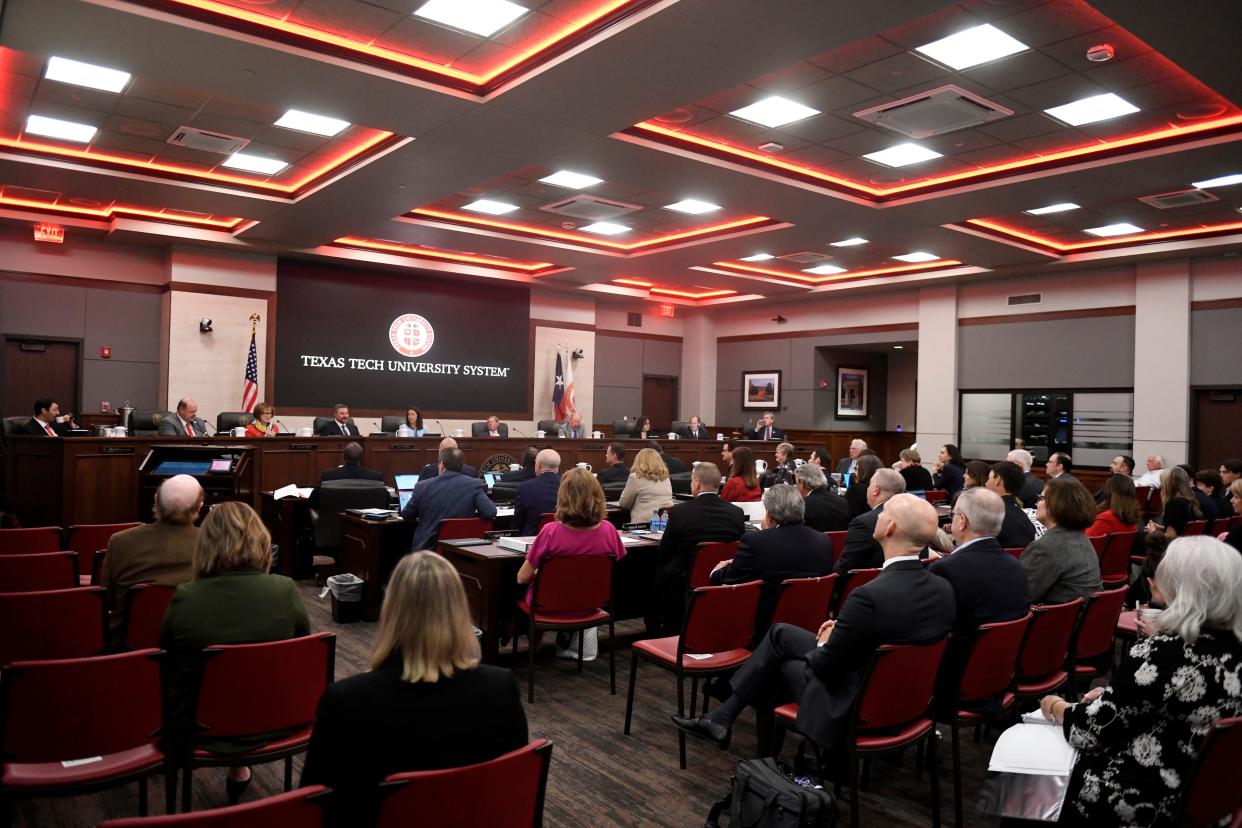
From renaming a founding college at its flagship school to approving a potential billion-dollar master plan, the Texas Tech University System Board of Regents approved several big items during its regular meeting last week in Lubbock.
The regents heard several items for approval from each of the five component universities within the system—all received unanimous approval from the regents.
Texas Tech receives approval to rename one of its founding colleges
Significant changes are coming to one of the founding colleges at Texas Tech University. Regents authorized Texas Tech to change the name of the College of Human Sciences to the College of Health & Human Sciences.
Texas Tech Provost Ron Hendrick said the college, which was founded as the College of Home Economics in 1925, has always focused on aspects of human health, including nutrition, hygiene, home management, child-rearing and family relations with the guiding vision statement of "Improving and Enhancing the Human Condition."
Dive Deeper: Texas Tech to rename one of its founding colleges, create new department
The board also approved the creation of the Department of Interdisciplinary Human Sciences within the college. According to the university, the new department will help with a "typical organizational structure to consolidate and standardize the department-level functions."
TTU Health Sciences Center receives approval for its $1 billion future
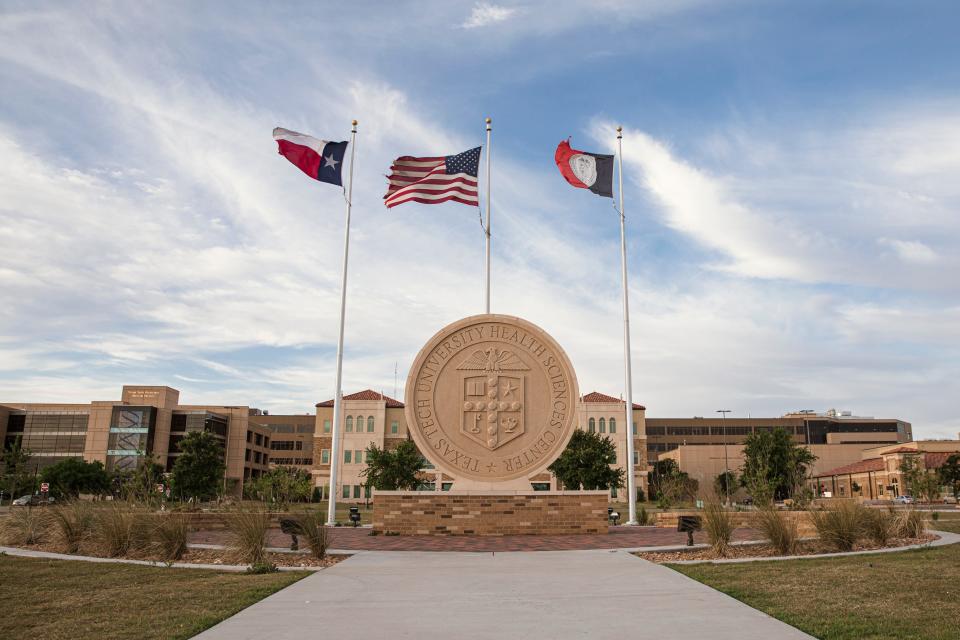
President Lori Rice-Spearman of Texas Tech University Health Sciences Center received approval from the board for the university's master plan that lays out how the HSC will grow facility-wise in the next two decades with a potential bill of over $1 billion.
"This is the first time that the physical environment and facilities across our enterprise have been simultaneously considered in the context of a single university to serve our core value of one team," Rice-Spearman said. "This approach will allow our HSC to maintain a comprehensive and continuous planning process, and adaptability will facilitate informed decision-making as new opportunities, data and resources emerge during implementation."
The newest plan builds on the TTU/TTUHSC Lubbock campus master plan, which was approved by the Board in 2014.
The new plan also comes at a time when the university recently opened its Dallas campus in early 2024, bringing the number of campuses for the university to six, with its main campus in Lubbock and five regional campuses — Amarillo, Odessa, Midland, Abilene and Dallas.
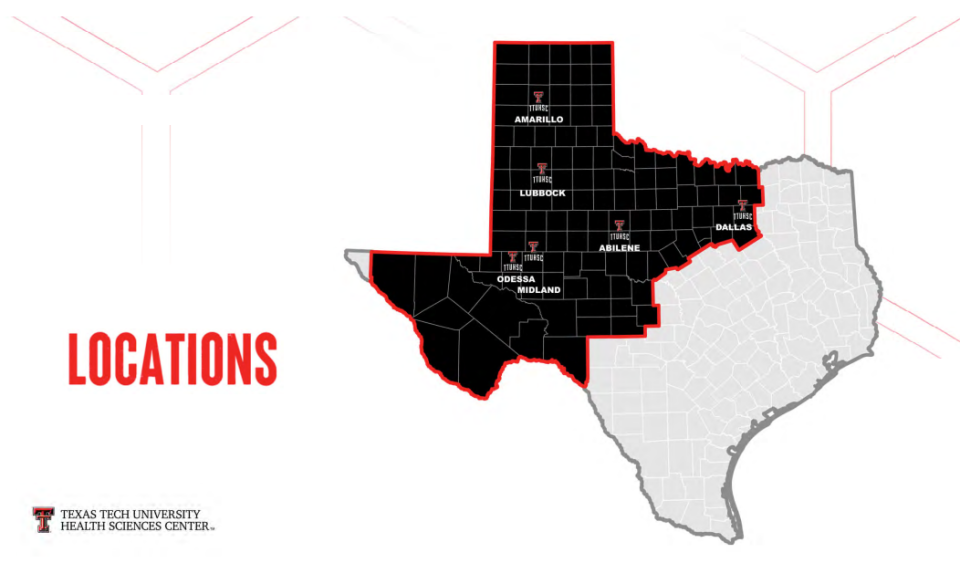
"We have expanded our service region to cover 121 counties with an estimated population of over 10 million people, which is about 30% of the (State of Texas') population," Rice-Spearman said.
While the plan entails new construction at some sites, Rice-Spearman said it's mainly renovating existing buildings.
"We stand poised to lead the change in driving progress and innovation and access to care," Rice-Spearman said. "By embracing this master plan, we seize the opportunity to shape a brighter, healthier future for generations to come."
Texas Tech Athletics names rooms after donor's pledges of over $50 million to football facilities
According to previous A-J reporting, the total cost of the south end zone project at Jones AT&T Stadium and Dustin Womble Football Training Facility projects is around $242 million, with $103 million in gifts and pledges covering the cost. $50 million of the gifts and pledges were brought to the board's attention to authorize TTU Athletics to name rooms in the donor's honor.
TTU Athletics received 16 gifts and pledges ranging from $125,000 to $10 million, raising nearly $40 million for the south end zone project, resulting in 16 rooms named after the donors. The Womble Football Facility saw 13 pledges totaling over $10 million, resulting in the same number of rooms being named after the donors.
Related: TTU Athletics saw $50 million in donations for new stadium construction; donors to be honored
The board also heard a construction update from Chris Huckabee, chairman of the Red Raider Facilities Foundation Inc., who said the south end zone is expected to be completed by Texas Tech's first home game of the 2024 season against Abilene Christian University on Aug. 31. The Womble Football Center is expected to open 20-30 days later.
"This project, which we projected originally would take between 30 and 36 months to complete, will be completed in 21 months," Huckabee said. "That's success by any measure."
National Ranching Heritage Center to embark on $28 million expansion
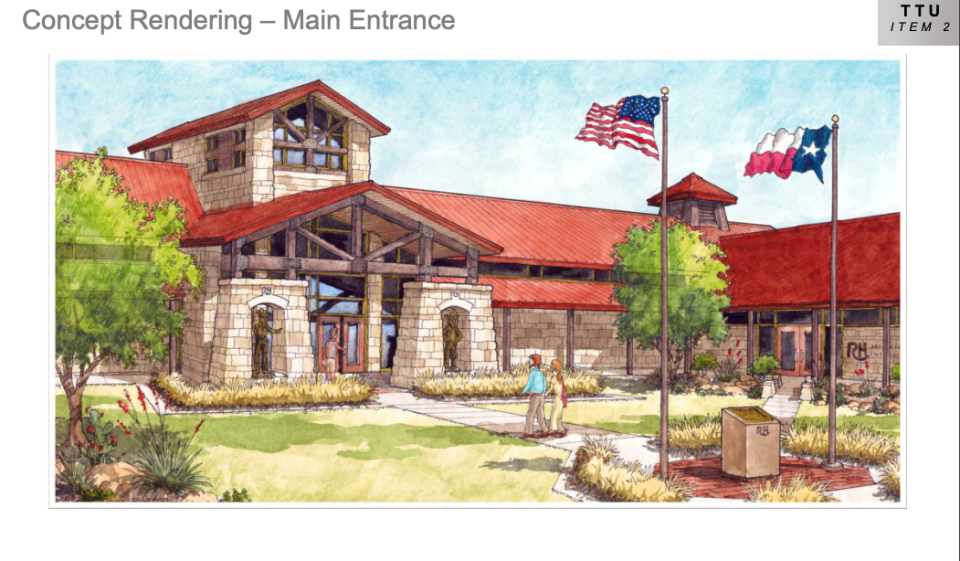
The Red Steagall Institute for Traditional Western Arts is taking its first step to become a reality at the National Ranching Heritage Center in Lubbock. The board approved the honorific naming of the institute in November 2023 but, at its May 2024 meeting, approved the preliminary expenses for planning and design services.
Billy Breedlove, vice chancellor for Facilities Planning and Construction at TTUS, estimates that the anticipated total project budget will be $28 million and the planned space will be 270,000 square feet.
Jim Brett Campbell, executive director of the RHC, said the institute will attract aspiring artists in painting, sculpture, photography, leather working, bit and spur making, poetry, and songwriting and will act as a conduit of knowledge from skilled professionals.
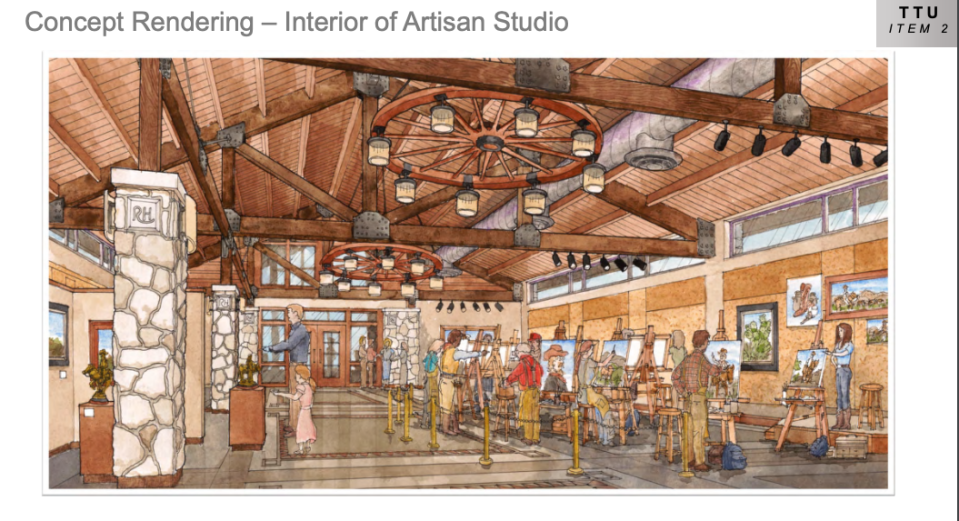
"To pass forward how we conduct and perform those kinds of traditional Western Arts, so that 50 years from now, people will know how we lived and how the Western culture developed," Campbell said.
While it is meant to teach people, Campbell said, it is also to share the integrity, determination and grit of West Texas with the public.
Regent Clay Cash said the project would allow the RHC to expand its national footprint.
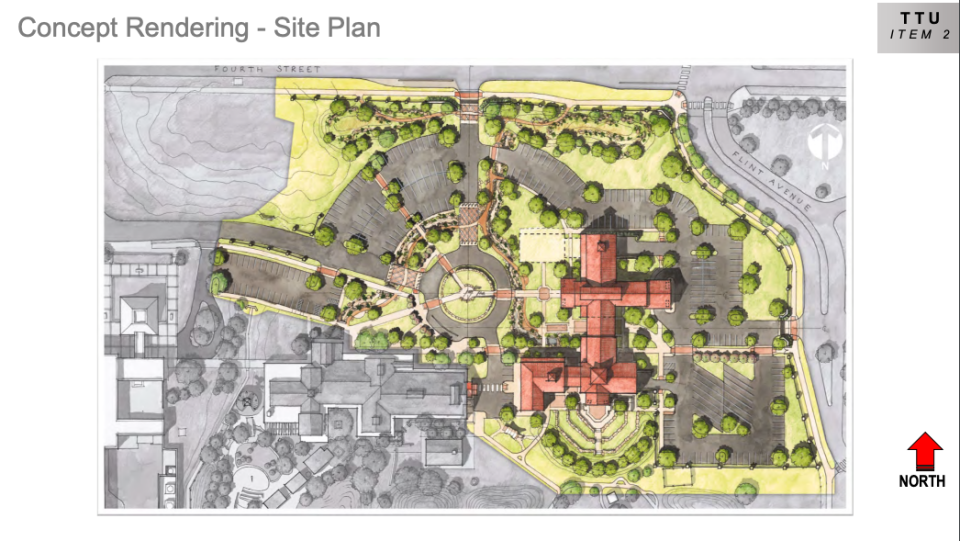
"A lot of things we do at the National Ranching Heritage Center are somewhat West Texas, Oklahoma, New Mexico centric," Cash said. "This (institute) really broadens from East Coast to West Coast."
The new institute will occupy where Texas Tech Athletics' field events practice area is; however, TTU President Lawrence Schovanec said the university and athletics leadership are already discussing where to move the facilities.
This article originally appeared on Lubbock Avalanche-Journal: Texas Tech regents OK college name change, TTUHSC master plan and more

